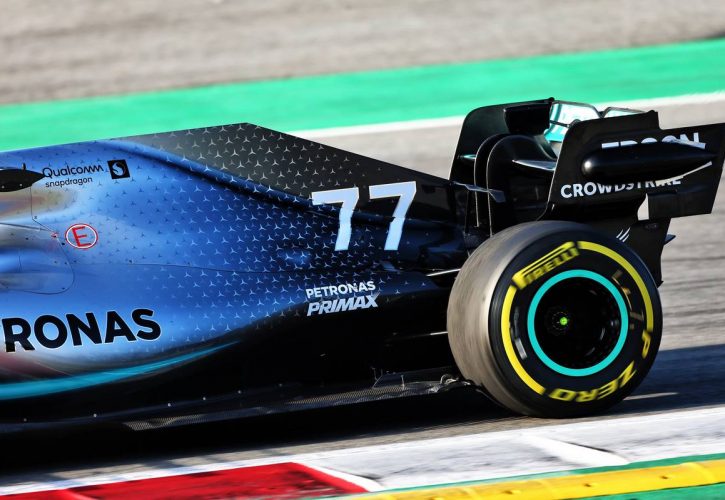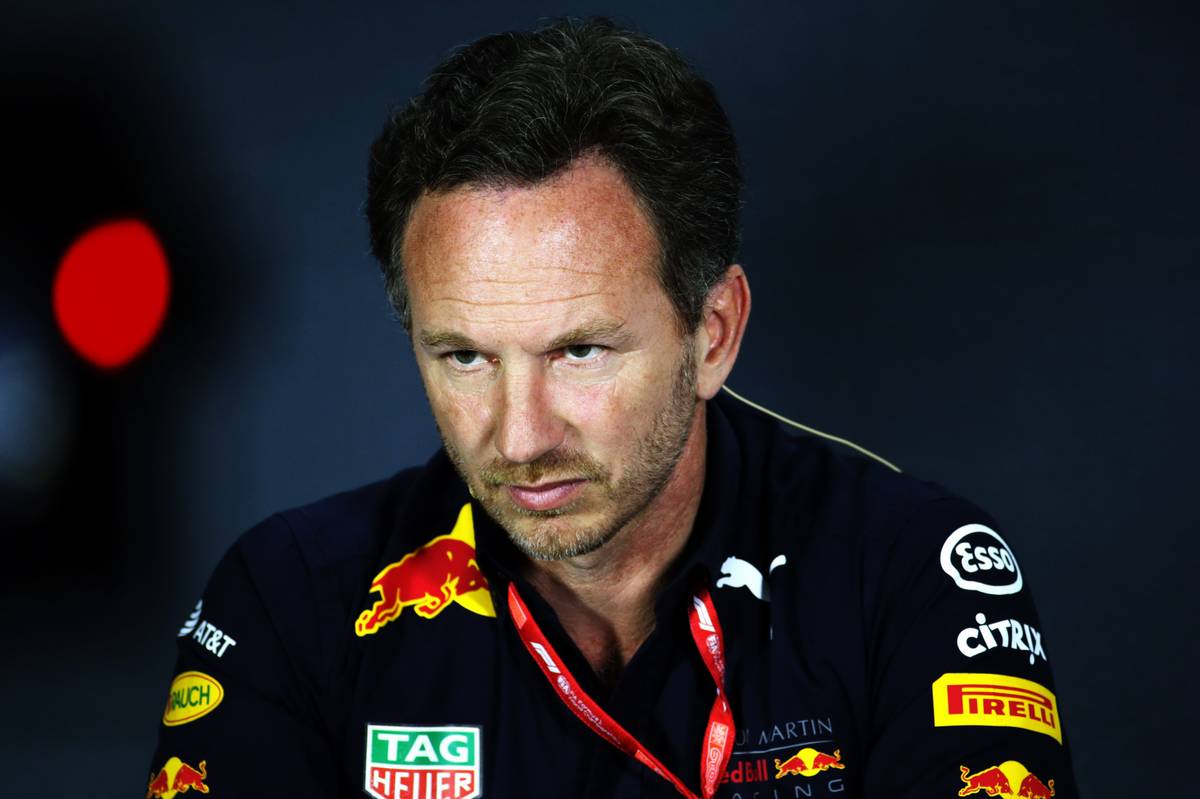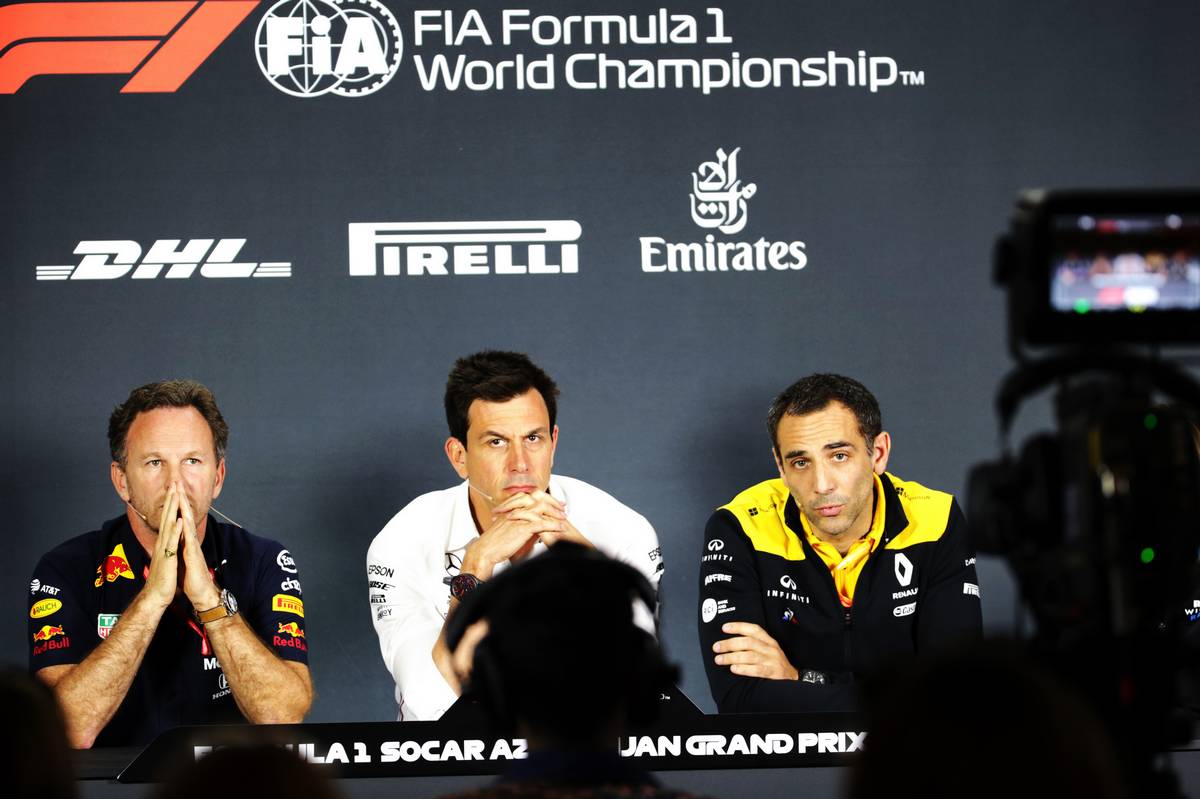
The deadline to agree new technical regulations for 2021 is likely to be pushed back into the autumn, according to media reports this week.
The FIA's Sporting Code stipulates that changes need to be agreed by June, but several teams have been pressing for this to be delayed until later in the year.
That's not because they can't reach agreement with the FIA and F1 owners Liberty about the rules in time, but in order to ensure that the bigger teams don't get an unfair advantage over the smaller ones.
If the rules were signed off in June then the better funded teams could get a jump-start developing cars for 2021 while their smaller rivals are still committing their more limited resources to working on the 2020 entries.
"The earlier they [the rules] are [agreed], the bigger teams have more resources to split their resources and effectively put more resource on it sooner than a little team," explained Red Bull boss Christian Horner.
But it's a delicate balancing act, because if the rules are agreed too late then the smaller teams might not have enough time to develop their 2021 cars.
"If you look at it, probably the best time to put it would be December," Horner said. "But then the little teams would argue that they can't react to that."

Sticking a pin in the middle of the calendar between June and December suggests that setting a deadline of October to agree the rules would be the fairest solution for both big and small teams.
"October is effectively a compromise between end of year and June, so we're okay with that," Horner confirmed. "I think there's a feeling that October is a sensible compromise."
However, to move the deadline from the one mandated by the Sporting Code requires the unanimous consent of all ten F1 teams. And as usual, that wasn't entirely straightforward to organise.
"Amongst the teams there has been unanimity," Horner said. "I think the only one was Renault. But I think they got there in the end."
"We really see the end of June as the deadline," Renault boss Cyril Abiteboul stated last week in Baku. "That is a necessary deadline for the sport, for the OEMs and for all teams really, to know what the future is holding and to start to make plans accordingly."
But Horner was sure that Renault wouldn't stand in the way of a deferral to the formal sign-off. "I didn't see anyone who wasn't in agreement with it," he said. "I think they understand that by bringing it in early it does disadvantage the little teams."

Even so, Mercedes team principal Toto Wolff still wasn't sounding entirely convinced. However he wasn't minded to unilaterally block the change if all the other teams were in favour and said that he would be happy to leave the decision in the hands of the Liberty management team headed by Chase Carey, Ross Brawn and technical director Nikolas Tombazis.
"It needs a unanimous decision of all teams. We are not going to be the ones that make that fail," Wolff said. "Personally I'm in two minds, but I probably would want to support Chase and Ross and Nikolas.
"The trick is, in order to come out with good regulations, you need enough time. That is a fact. But also you need to describe very, very precisely what's being pushed out.
"It’s difficult because there are so many important balls in the air, whether it’s prize fund redistribution or the cost cap, technical and sporting regulations and it is progressing slowly.
"We’d like to have it done sooner rather than later, and this is the joint objective of all stakeholders involved."
Gallery: The beautiful wives and girlfriends of F1 drivers
Keep up to date with all the F1 news via Facebook and Twitter






